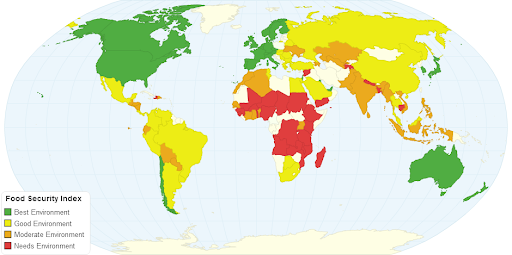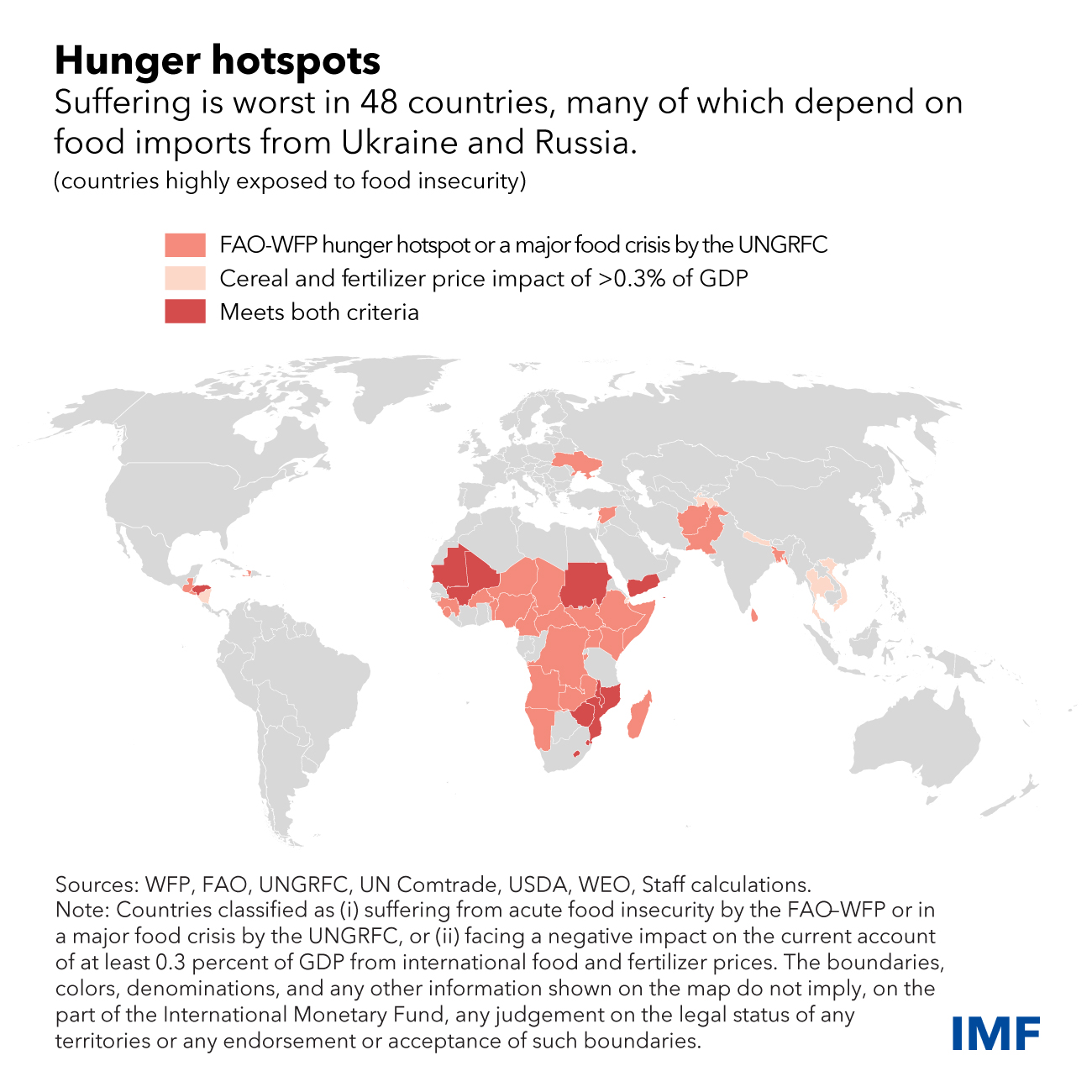Nearly 300 million people face acute hunger in 2025. Learn the reasons behind this alarming crisis and what the world must do to stop it.

Global Food Insecurity Reaches Record High – A Wake-Up Call for Humanity
The world is facing a silent emergency in 2025. According to the latest Global Report on Food Crises, a staggering 295 million people across 53 countries are battling acute food insecurity. That’s nearly the population of the United States suffering from hunger, every single day.
This isn’t just another statistic—it’s a global cry for help. And the worst part? It has been getting worse for six straight years.
Why Is the World Starving?
1. Wars and Conflicts Destroying Livelihoods
War has always brought hunger, but today it’s worse than ever. In Gaza, every single person is food insecure—100%. That means no child, no parent, no elder has enough to eat. In Sudan, the civil war has left 24 million people starving in their own homeland.
The same pain echoes in Haiti, where gang violence has choked food supplies. It’s a deadly mix of fear and famine.
These tragedies show how political instability often leads to human suffering. You can read more about the impact of conflict on humanity in our International News section.
2. Climate Change Is No Longer the Future—It’s the Present
Climate disasters are slamming the world harder than ever before. Severe droughts in East Africa, floods in Pakistan, and heatwaves in Afghanistan are wiping out crops and destroying hope.
These extreme events remind us of other global disruptions like the solar storm that recently caused blackouts. Nature’s fury is no longer occasional—it’s constant.
And those who already have the least, suffer the most.
3. Soaring Food Prices and Broken Economies
The price of food has skyrocketed. In countries like South Sudan, Yemen, and Syria, basic meals now cost more than a day’s wage.
Global inflation and poor governance have only made things worse. Families are selling their last belongings just to buy rice or bread.
4. Aid Is Drying Up When It’s Needed Most
International food programs are being cut. The World Food Programme has reduced its support in key regions due to lack of funding.
Without timely help, children are going to sleep hungry, and mothers are skipping meals just to feed their kids.
To explore how technological advances might help overcome global crises, check out our blog on India’s 6G Revolution.
The Human Side of Hunger
Behind these numbers are real people:
- A mother in Gaza, boiling water just to make her kids feel full.
- A young girl in Afghanistan, fainting in school because she hasn’t eaten in days.
- A father in Sudan, forced to leave his village just to find a meal for his family.
This is not fiction. This is happening right now.
To read more stories that inspire and reflect strength, visit America112.com.
The Most Affected Populations
- 38 million children under five are suffering from wasting, the deadliest form of malnutrition.
- 11 million pregnant or breastfeeding women are severely undernourished.
- And in crisis zones like Sudan, Ethiopia, and Yemen, the number of people in need is beyond what aid groups can handle.
What Can We Do?
The experts say that while the situation is alarming, it’s not hopeless. Here are key solutions:
- Rebuild local agriculture so farmers can grow again.
- Increase food aid funding and ensure it reaches the most vulnerable.
- Resolve conflicts, so people can live and farm in peace.
- Introduce smart food systems that adapt to climate change.
Supporting NGOs, spreading awareness, and pressuring governments to act are also ways we can make a difference.
A Final Word: This Is Our Shared Crisis
This food crisis affects us all—not just the poor or the war-torn. Because when food runs out in one place, it puts pressure on every global system.
It’s time we stop ignoring the warning signs. Just like the India-Pakistan ceasefire update, peace and cooperation are the only sustainable answers.
If we don’t act now, this won’t just be about “them.” It will be about all of us.
Let’s Not Wait Until It’s Too Late
This is a wake-up call for every government, every leader, every citizen. Food insecurity is a global emergency—and the clock is ticking.
Read More Inspiring and Informative Blogs on Recital Blog

